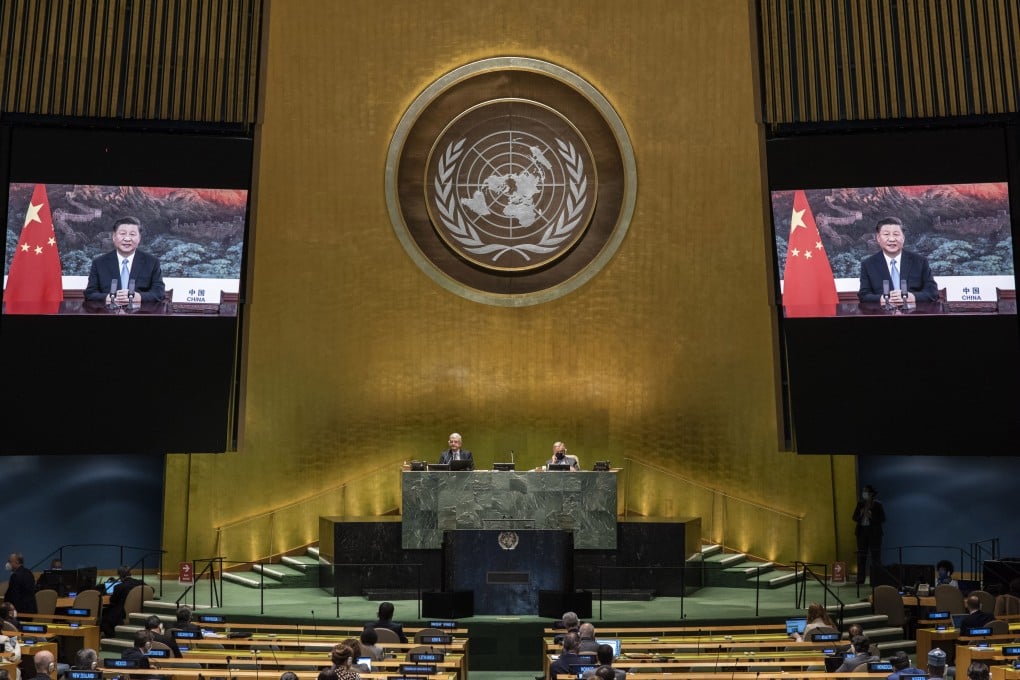China-West tensions raise questions about limits of Beijing’s influence at WTO, UN and World Bank
- China’s representation in international bodies, especially at an elite level, still lags behind major Western economies
- Underrepresentation is constraining China’s efforts to reform the global governance system, Chinese experts say

Five decades after returning to the United Nations, China is expanding its presence in international institutions at an unprecedented pace, but heightened tensions with Western powers have raised questions about the limits of its institutional influence.
Since Margaret Chan Fung Fu-chun was appointed director general of the World Health Organization in 2006, dozens of Chinese nationals have worked in key roles at multilateral organisations.
The US-China Economic and Security Review Commission, which tracks competition between the two countries, listed 32 Chinese nationals as serving in leadership positions at prominent international bodies last year.
Three headed United Nations (UN) specialised agencies, including Qu Dongyu who was elected director general of the Food and Agriculture Organization in 2019; Zhao Houlin, director general of the International Telecommunication Union; and Li Yong, who has led the United Nations Industrial Development Organization since 2013.
How can the Western democracies and China develop enough trust to coexist peacefully and work productively together?
But China’s overall representation in world governance bodies, especially at an elite level, still lags behind other major economies, Chinese experts say.